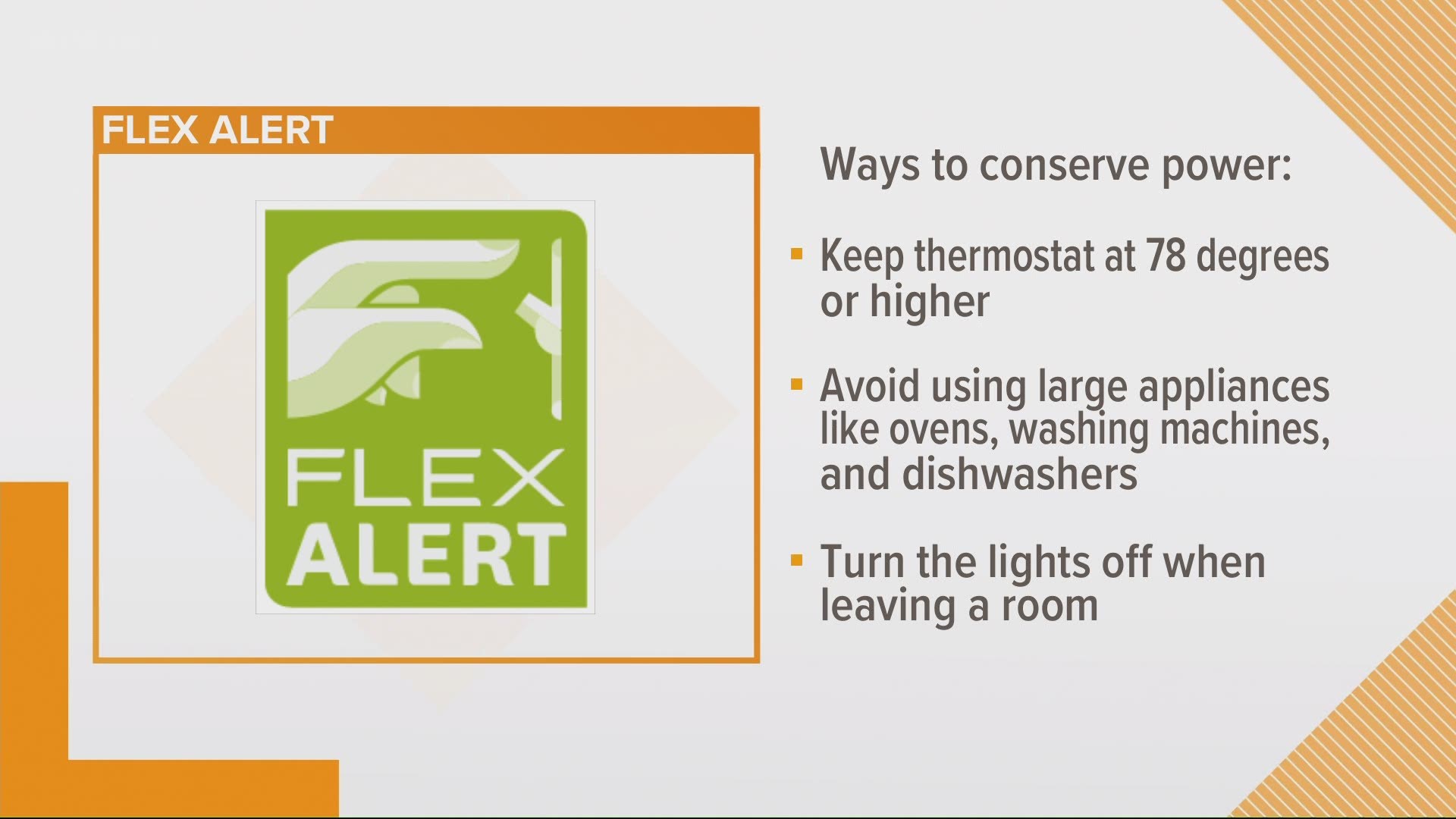SACRAMENTO, Calif. — Food in freezers and refrigerators is spoiled. You have bought a generator to keep things going, and the fuel needed to run it is costly. Your small business, already facing hardship due to the coronavirus pandemic, has been further impacted by a power outage.
People throughout Northern California are now asking if they will be compensated for losses incurred during a PG&E Public Safety Power Shutoffs (PSPS). With many already on a tight budget as COVID-19 keeps people at home, the question is on the forefront of many people's minds.
The short answer is: no.
It is more a question of will you get compensation rather than can you get compensation. PG&E has a public policy of not reimbursing customers for losses during PSPS, though customers can file a claim.
"When we do these shutoffs for safety, we typically do not reimburse for claims," a PG&E spokesperson said.
PG&E told ABC10 that people are welcome to submit a claim and they would be reviewed on a case-by-case basis. Yet, the historical precedent for compensation doesn’t exist.
According to PG&E’s post-event report in 2018 to the California Public Utilities Commission, 146 claims were filed against the company, all of which were rejected.
Of those, 102 were for food loss, 25 were for business impact, 19 were for property damage. PG&E writes in that report, “PG&E has stated publicly that because of the safety-related nature of PSPS events, customers will not be reimbursed for associated losses.”
The company does have a Safety Net Program to reimburse customers who go without power for more than 48 hours due to a severe weather event.
Payments range from $25 to a maximum of $100, depending on how long a customer’s power is off. However, this doesn’t apply to PSPS events. PG&E also only reimburses residential customers, not businesses.
PG&E also has a Service Guarantee Program which will pay customers $30 if they were not notified three days before a planned shutoff. Still, it does not apply to serious emergencies, storm conditions or conditions that may affect public safety.

